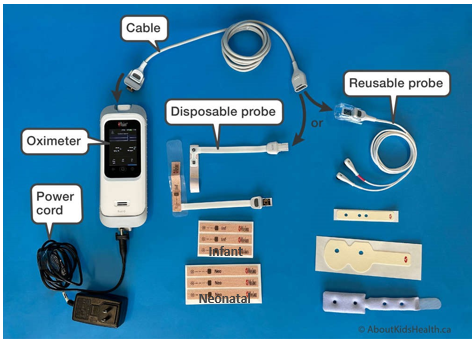HINT: How to talk to children about serious illness?
Connected Care Quick Hits are up to date and evidence based recommendations for the care of children with medical complexity & technology dependence, from hospital to home.
HINT: How to talk to children about serious illness?
SITUATION:
This QuickHit was developed in response to questions and interest in paediatric palliative care among home and community care providers.
BACKGROUND:
Living with a serious illness can be stressful and confusing for children as they experience many changes and uncertainties. Each child will have their own unique needs and way of processing and asking for support.
An important role for home and community care providers, in partnership with family caregivers, is to address children’s concerns and questions about their illness and provide them with opportunities to openly communicate in a developmentally sensitive manner.
ASSESSMENT:
In considering communication with children about serious illness, partnership with family caregivers is essential to promote shared understanding of the child's illness, their unique needs, and their support system. Family caregivers will offer valuable insights into their child’s developmental age and stage, as well as how they typically talk about and cope with their illness.
The following is a guide and may be useful in assessment and planning of conversations with children:
Talking to Preschool Children About Illness (3 to 5 years)
At this age, children’s understanding of illness is typically vague and magical.
They need simple explanations of the body, illness and treatments
They begin to understand health through their own experiences.
Talking to School-Aged Children About Illness (6 to 11 years)
School- aged children are typically developing logical reasoning skills. They can understand external causes and are interested in how the body functions.
They need specific information about illness
They can make links between their illness and requiring treatment
Talking to Teenagers About Illness (12 to 18 years)
Teenagers typically understand multiple causes of illness.
They can understand ideas about prevention and factors that may cause symptoms, such as stress and physical activity
RECOMMENDATION:
Connected Care, in collaboration with SickKids’ Paediatric Advanced Care Team (PACT), recommends using the The 6Cs and 3Ws- Talking to Kids about Serious Illness as ‘conversation starters’ to help enhance opportunities to talk with children about their feelings and thoughts, while providing space to listen, validate, and feel together.
The 6Cs are common question children have about serious illnesses
What is it CALLED?
Can I CATCH it?
Did I CAUSE it?
Can I CURE it?
Who will take CARE of me?
How can I CONNECT to people I care about?
3 W’s are used to create opportunities to talk with children about their feelings and thoughts, while providing space to listen, validate, and feel together.
The 3 W's are: Wonders, Worries, and Wishes
Talking about their Wonders, Worries, and Wishes promotes the child feel supported and less alone with their thoughts and feelings about their serious illness.
The following strategies can be implemented to talk to children using the 3 W’s:
Clarify the child's understanding of their illness or anything they are wondering about
For instance, for a child with cancer, the child may use correct words but may continue to have misconceptions. You could ask, "What does 'cancer' mean?" Or "What do you think or how do you feel about your body or illness?”
Allow the child to express their worries about their illness. Avoid judgement or minimizing difficult topics or concerns.
For instance, you could ask "What are some of your worries (including about friends, family, school, etc)?"
Telling children not to worry can unintentionally make them believe that they cannot openly talk about their worries.
Encourage the child to express their own wishes about their illness or treatment plan.
For instance, you could ask the child "Is there something you wish you could do or have happen?”
Allow for pauses, giving the child the opportunity to guide the conversation.
You don’t need to have all the answers. It is appropriate to wonder about things together, to worry about difficult things, and to wish for things that may or may not be possible.
For instance, you could share your knowledge while identifying areas that may require additional information. You could say " "Can I tell you what I know about ___ ?" or "There are a lot of difference medications helping your body, do you want to know more about them?"
If a child identifies any thoughts of self-harm or you are concern about their safety, inform the family, and seek medical attention as needed
Connected Care Live is not to be used in the event of an emergency.
















